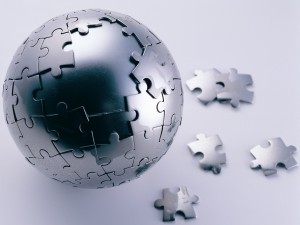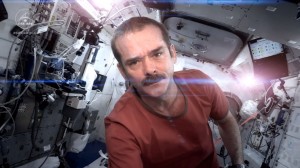 Asia has presented me a cultural puzzle I struggle to solve every day. The frustration of Asia to most Americans is exactly how un-American the cultures can be. For those of us that want to live here, it is exactly those differences that intrigue us and draw us in. I recently visited Beijing for the first time unencumbered by work. There are few better examples of how un-American a culture can be than mainland China.
Asia has presented me a cultural puzzle I struggle to solve every day. The frustration of Asia to most Americans is exactly how un-American the cultures can be. For those of us that want to live here, it is exactly those differences that intrigue us and draw us in. I recently visited Beijing for the first time unencumbered by work. There are few better examples of how un-American a culture can be than mainland China.
Consider the following: most people agree that mainlanders are pushy, rude, loud, and dirty. They spit in the subway. Their children urinate in the airport. They cut to the front of queues and will walk right through you like you are not even there. Seeing all of these in one hour in Beijing could easily lead someone to a simplified and negative view of the Chinese. But this conclusion would be wrong.
Unlike westerners, the Chinese develop bonds with others that are deeper and more meaningful than westerners recognize. They will go to great lengths to ensure the comfort of guests. A colleague once cleared his busy schedule to accompany me to ensure I enjoyed a day in Beijing. Other coworkers overflowed with support and assistance when I showed an interest in their culture. It is a great paradox that mainland Chinese can be so rude and inconsiderate to complete strangers yet so attentive and accommodating to the needs of fresh friends of only five minutes. It is difficult for Americans to understand that these behaviors can coexist. Because the Chinese culture is so distinct from north America’s.
Another example. A friend of mine in Korea separated from his wife a couple years ago. They are going to stay married for many years to come all the while living as if the marriage is done. I asked many times why not just end the marriage and move on. The answers I received were vague and incomplete. I ultimately concluded Korea was applying a cultural pressure that could not easily be explained. Like a sentence that has no direct translation, my friend’s situation could not readily be described to me given my cultural context.
 In dealing with other cultures it can be helpful to think about exactly how different their life, values, recent and distant experiences can be driving their decisions. Establish in your mind an example of extreme dissimilarity. For example, the Canadian astronaut and North American celebrity Chris Hadfield said something amazing in one of his first interviews after returning to earth. He was describing the sensation of gravity after 146 days in space:
In dealing with other cultures it can be helpful to think about exactly how different their life, values, recent and distant experiences can be driving their decisions. Establish in your mind an example of extreme dissimilarity. For example, the Canadian astronaut and North American celebrity Chris Hadfield said something amazing in one of his first interviews after returning to earth. He was describing the sensation of gravity after 146 days in space:
I could feel the weight of my lips and tongue and had to change how I was talking. I didn’t realize I had learned to talk with a weightless tongue.
Imagine talking with Hadfield after his return to Earth. You have no idea of where he has been. Here is a seemingly bright, healthy, energetic individual that cannot pronounce basic English. How would you judge him?
When I first came to Asia I had to overcome my colleagues lack of confidence in my understanding local values. I told many of them that I did not know what I did not know and threw myself into the task of identifying the bounds of my ignorance. I soon recognized the huge holes in my understanding of the way my friends and colleagues in China, Korea, and Japan thought. I ultimately knew my own limits. Like Socrates I finally knew that I knew nothing. My ignorance limited me less. And properly bounded it became an asset that I carry into conversations with rich and exotic cultures.
